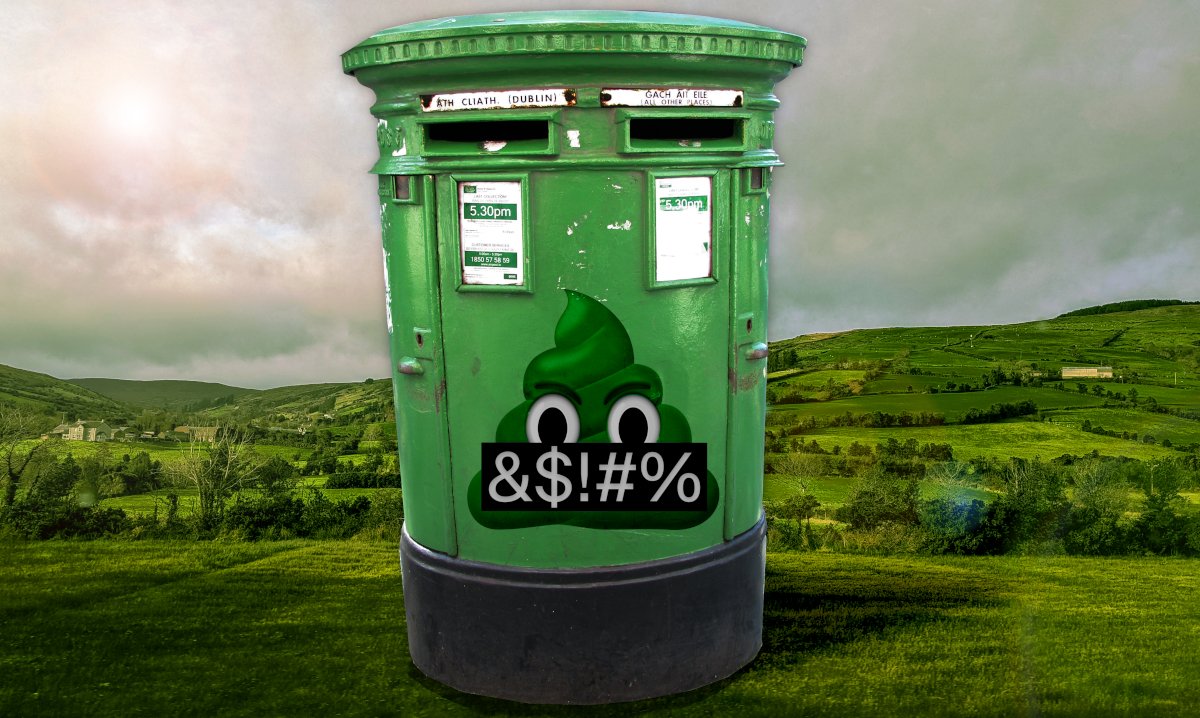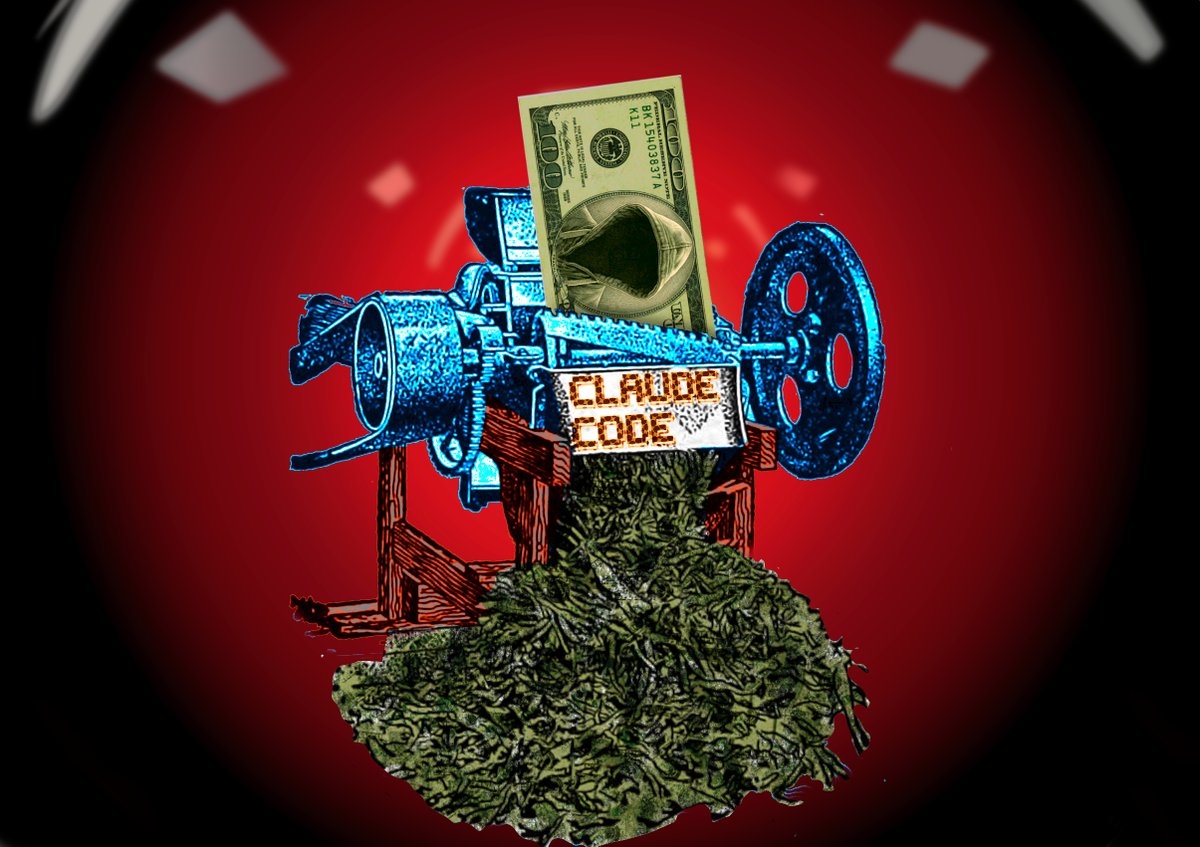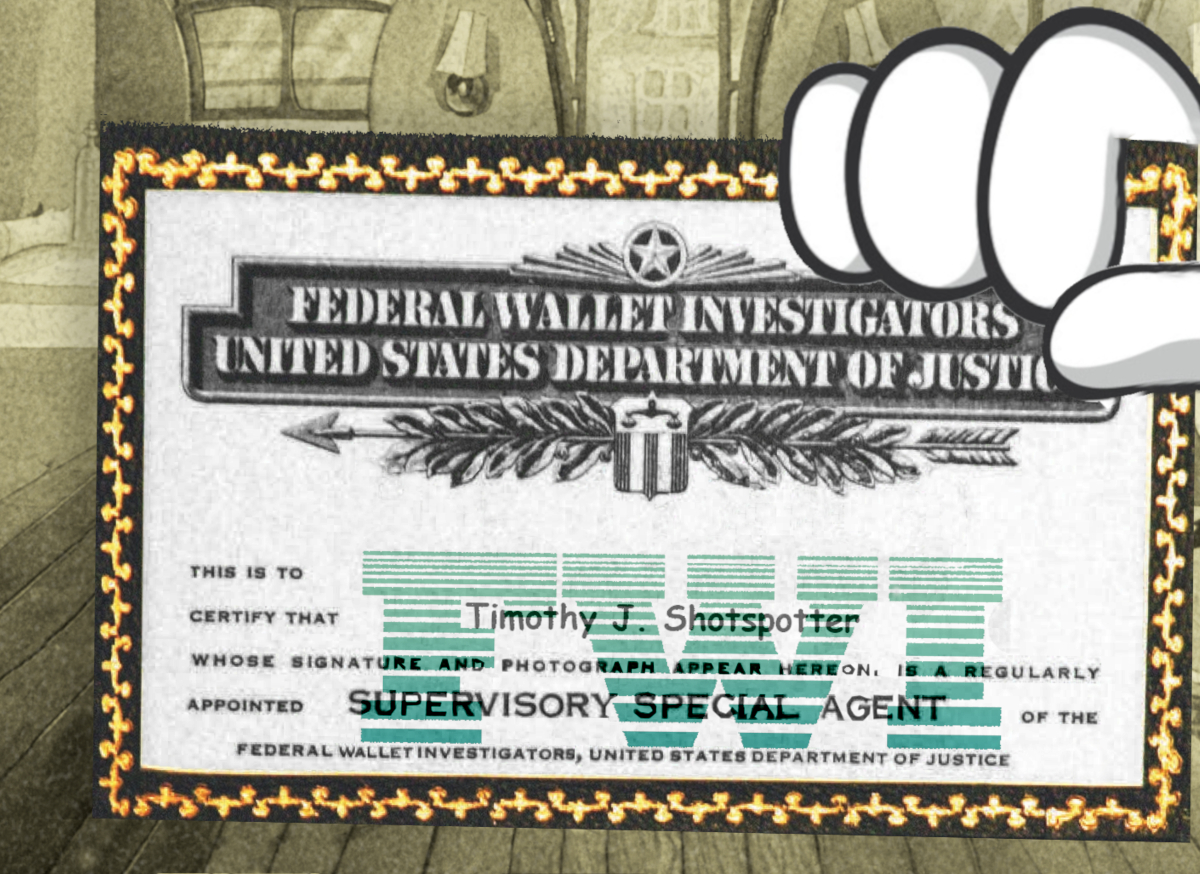In Mar 2019, the EU approved the new #CopyrightDirective by an absurdly slim margin (it passed by 5 votes and later 10 MEPs said they got confused and pressed the wrong button; due to procedural rules, despite an amended total showing a majority AGAINST, it still passed).
1/
1/

Specifically, the part that passed through this bureaucratic, incoherent nonsense was #Article13 (now confusingly called #Article17), which imposed a duty on online platforms to stop their users from infringing copyright.
2/
2/
This proposal has a bizarre history (everything about this is bizarre). It started as a mandate for copyright filters (like Youtube's ContentID, which cost $100m and counting). Then Axel Voss, the MEP in charge of it, said it absolutely was NOT a proposal to mandate filters.
3/
3/
Then Voss admitted that there was probably no way to accomplish the Directive's goals without forcing all online speech through a copyright filter. Then the EU's various legal and human rights bodies said that the proposal could NOT require filters.
4/
4/
Confused yet? So is everyone else.
The EU Commission is now preparing guidance for the EU member states, who must each turn the Directive into a national law. And that brings us to today.
5/
The EU Commission is now preparing guidance for the EU member states, who must each turn the Directive into a national law. And that brings us to today.
5/
A coalition of giant entertainment companies has filed comments with the Commission that were the most bizarre turn in this saga yet, insisting that this was always about mandating filters and all countries should mandate that all speech be filtered:
6/
https://twitter.com/Senficon/status/1304084452767928326
6/
They just pretended that subjecting every European citizen's every online utterance to interception and algorithmic processing wasn't a giant, glaring, radioactive violation of the #GDPR, the EU's privacy law (it most assuredly is!):
eff.org/deeplinks/2020…
7/
eff.org/deeplinks/2020…
7/
Today, my @EFF colleague @cSchmon submitted our comments on the guidance to the Commission, with niine recommendations:
eff.org/deeplinks/2020…
8/
eff.org/deeplinks/2020…
8/
I. Crisply define what kind of online services this applies to
II. Clarify that while platforms have to try to obtain copyright licenses from rightsholders, the standard is "due diligence" and is tempered by the principle of proportionality and fundamental human rights
9/
II. Clarify that while platforms have to try to obtain copyright licenses from rightsholders, the standard is "due diligence" and is tempered by the principle of proportionality and fundamental human rights
9/
III. No tech mandates
IV. No "general monitoring" allowed - governments can't order online services to spy on their user
V. Clarify that the fact that copyright filters exist does not mean that they are "best practices"
10/
IV. No "general monitoring" allowed - governments can't order online services to spy on their user
V. Clarify that the fact that copyright filters exist does not mean that they are "best practices"
10/
VI. Don't burden small businesses with requirements designed for Big Tech
VII. Clarify that filters can't determine whether something is infringing - only humans who understand copyright law can do that
11/
VII. Clarify that filters can't determine whether something is infringing - only humans who understand copyright law can do that
11/
VIII. You can't protect users' free speech rights by taking down their content and then telling them they can appeal the decision
IX: Address the fact that subjecting users' speech to filtering is a massive, illegal privacy violation
eof/
IX: Address the fact that subjecting users' speech to filtering is a massive, illegal privacy violation
eof/
• • •
Missing some Tweet in this thread? You can try to
force a refresh










